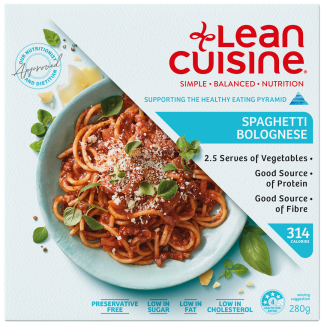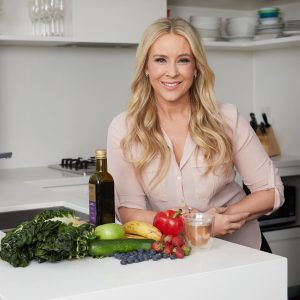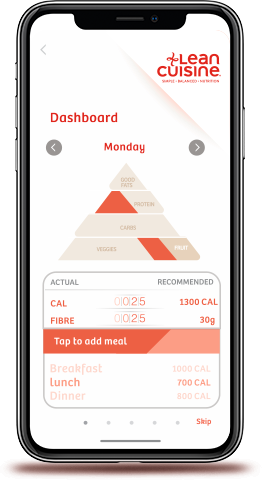Do you make time each week to meal plan? Do you know what you are having for dinner each week? Or, have a time each week to do your grocery shopping and get the supplies you need to eat well?
It may surprise you to hear that when it comes to diets, weight control and nutrition, it is planning not knowledge that is the key to success. In fact, it is safe to say that most of us know what we should (or should not) be eating – we know that fruits and vegetables are good, and we know that fried food is not so good. We know that chocolate is high in calories, and we know that if we eat less, we will lose weight. Knowledge is not the issue.
Rather, in busy, overscheduled lives, our healthy eating falls off track when we find ourselves hungry and without good food choices on hand. Sometimes we may be able to ignore the hunger pains and wait until we stumble across an apple, but in more cases than not the deep desire for food sees us searching desk drawers, attacking vending machines or at the local shop stocking up on high fat, high sugar, carbohydrate rich foods that feed our low blood sugar levels.
The simple act of planning helps to ensure that we are never caught off guard and always have healthy options on hand to make it easy to eat well. And while some people may opt to spend hours each Sunday packing portion-controlled lunches, the good news is that it does not have to be this labour intensive to get good results.
1) Make the time to do it
One the greatest barriers to taking control of our food and calorie intake is finding ourselves in a cycle of not having enough time and bouncing from week to week eating whatever crosses our path. The solution to this is easy – all we need to do is schedule time to get organised. All you need is 20-30 minutes each week to plan a few meals, write a shopping list and consider the way your upcoming week will impact your food choices. For example, if you know that you will be home late a couple of nights, you then also know that you will need a couple of quick and easy meal options that can be heated quickly like a calorie controlled meal from the Lean Cuisine range to avoid you resorting to high fat take away or fried food.
2) Shop online
If you visit the supermarket several times each week, chances are you are not only purchasing extra foods you do not need, but also wasting plenty of valuable time – parking, queuing and waiting. Shopping online not only saves much time and energy but helps you to plan your meals in advance. There is also the option of ordering a fruit and vege box delivery each week to ensure you have your fresh staples on hand or have an array of healthy snack options and lunch staples delivered straight to your workplace. This way you do not need to worry about hauling food to and from work every day but you always have healthy lunch and snacks on hand.
3) Keep your quick and easy options on hand
In life, things rarely go to plan – the time you had set aside for meal preparation gets eaten away by other commitments; your shopping order does not arrive or despite the best of intentions you forget to take your lunch. To help buffer for these regular occurrences when it comes to your nutrition, always have a backup plan. Keep a healthy frozen meals like the calorie controlled Lean Cuisine range on hand for quick, easy and healthy lunch or dinners. Keep healthy snacks at work and in your handbag for times when you are hungry in between meals. And keep a supply of frozen vegetables and premade soups ready to add to meals or takeaway to make sure you always get the vegetable bulk you need at each meal.
4) Cook smart
In an ideal work we would grow fresh produce in our garden, shop locally and prepare heathy home cooked meals each night. Unfortunately, busy lives are not always conductive to this grass roots approach to our food intake and fewer and fewer people are finding time to cook a healthy meal each night. For this reason, looking at time efficient ways to prepare meals is the key to success and this can translate into bulk preparing meals in advance so you cook just once or twice each week. A solid cook up of 1-2 larger meals such as casseroles, stews, mince and soup can give you at least 2-3 meals as well as lunches, freeing up extra time on other evenings when you know you will struggle to find the time to cook a meal from scratch.
5) Focus on habits
Eating well long term is about building solid food habits that become your natural default. For example, taking your lunch with you each day, or always keeping a water bottle or healthy snack with you. It takes between 30-90 days to cement a long-term habit which is why committing to focusing on your nutrition for a set period of time will help to initially identify and over solidify the health habits you know you need to build and maintain long term. Phone or computer reminders and alarms, post it notes and regular time outs on a daily basis are all tools that can help you to refocus on the health habits you are working and help to keep you on track with your dietary goals.





